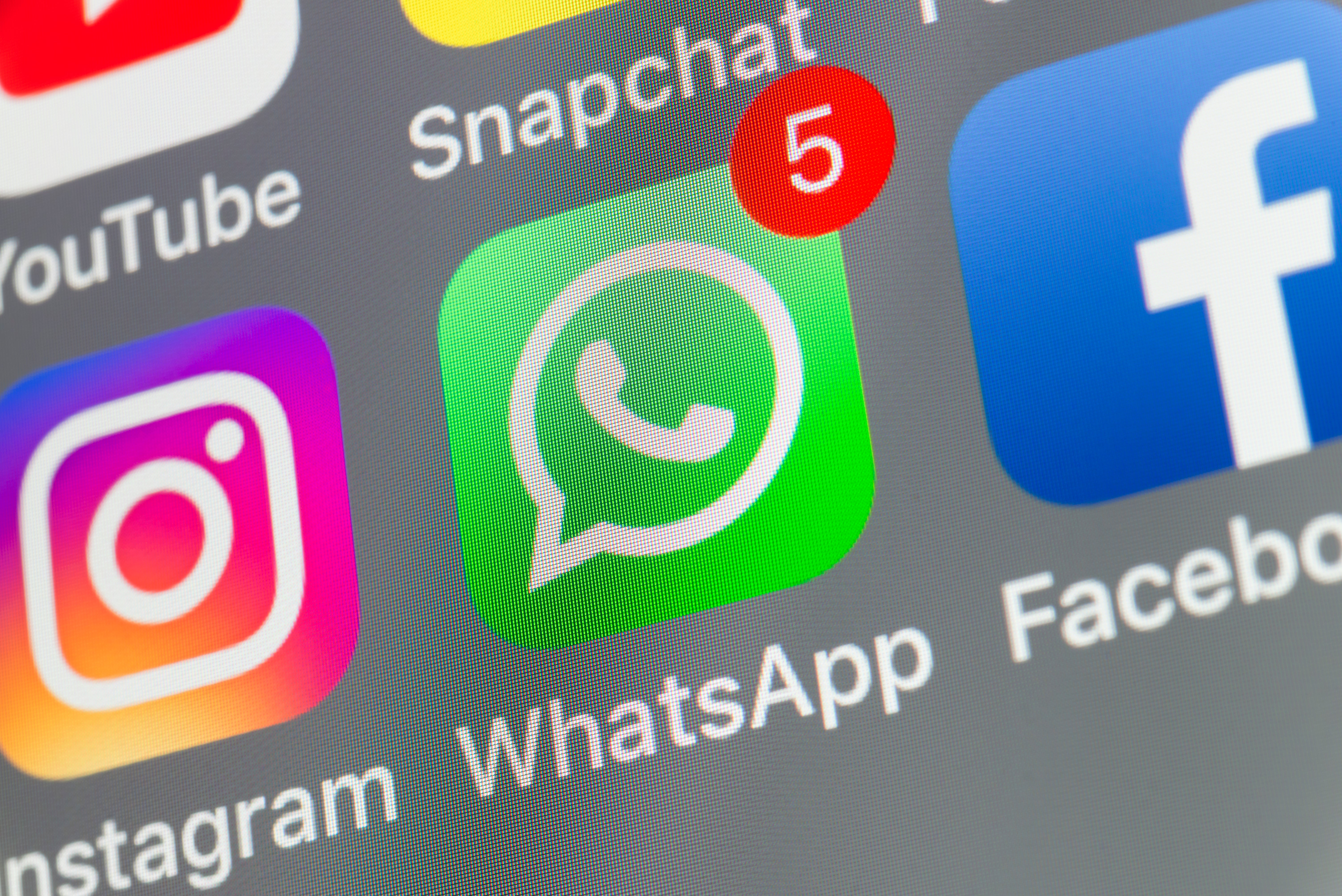Government to launch anti-encryption ads to convince ‘easily swayed people’ into wanting weaker phone security
The campaign will cost over £500,000 of public money, and is aimed to avoid ‘a privacy vs safety debate’ altogether

The government will launch an ad campaign against end-to-end encryption, the technology that keeps messages on WhatsApp, Apple’s iMessage, and Signal secure.
The Home Office has hired the M&C Saatchi advertising agency to plan the campaign using £534,000 of public funds.
“We have engaged M&C Saatchi to bring together the many organisations who share our concerns about the impact end-to-end encryption would have on our ability to keep children safe,” a Home Office spokesperson said in a statement to Rolling Stone, which first reported the news.
The new campaign is focused on the argument that improved encryption hampers efforts to tackle child exploitation online.
A presentation attributed to M&C Saatchi notes that “some messaging platforms, including WhatsApp” already use end-to-end encryption, but want to oppose its extension.
WhatsApp, which is owned by Meta (formerly Facebook) already works with law enforcement to provide them with information about child exploitation without breaking end-to-end encryption.
The plans include a media blitz with an “agreed list of media outlets” that could include a “partnership” with The Sun.
It would also include campaign efforts from UK charities such as the National Society for the Prevention of Cruelty to Children, law enforcement agencies, and calls for the public to contact technology companies directly. The NSPCC declined to comment on the record when asked for comment by The Independent.
“[W]e are exploring a number of activations which would prompt action from both the coalition and the public … There is scope for this to involve a social media activation where we ask parents to write to Mark [Zuckerberg] via their Facebook status”, M&C Saatchi suggested.
“For the day of launch,” the presentation notes “we will publish a press notice announcing that the UK’s biggest children’s charity and stakeholders have come together to urge social media companies to put children’s safety first.”
Since “most of the public have never heard” of end-to-end encryption, one presentation slide about the campaign states – “people can be easily swayed” on the issue. The campaign must not, it adds, “start a privacy vs safety debate.”
One physical PR stunt would use a “glass box is installed in a public space”, according to the presentation.
“Inside the box, there are two actors; one child and one adult. Both strangers. The child sits playing on their smart phone. At the other end of the box, we see an adult sat on a chair also on their phone, typing away.
“The adult occasionally looks over at the child, knowingly. Intermittently through the day, the ‘privacy glass’ will turn on and the previously transparent glass box will become opaque. Passers by won’t be able to see what’s happening inside. In other words, we create a sense of unease by hiding what the child and adult are doing online when their interaction can’t be seen.”
The Conservative government, as well as governments in the USA, Australia, Canada, Japan, and others have been pushing an anti-encryption message for years.
In 2020, it argued in favour of a backdoor so law enforcement agencies could spy on messages. While this would allow them to surveil the communications of criminals, it would also make popular messaging platforms much more vulnerable to malicious individuals who could gain access to the messages of ordinary people.
In 2018, a coalition called “Reform Government Surveillance” – which includes Apple, Meta, Google, Microsoft and others – said that weakening security is not the answer to tackling crime, while an $100 million NSA program that analysed messages, phone calls, and texts of American citizens only brought forth one investigation and zero arrests over four years.
“We want to work constructively with social media companies, to make sure we can protect both privacy and children at risk of abuse. The article quoted is out of date”, a campaign spokesperson said. “Child sex abuse is a horrific crime and we recognise it is hard to talk about, but we owe it to children and their families that we work to find ways to protect them online.”
Subscribe to Independent Premium to bookmark this article
Want to bookmark your favourite articles and stories to read or reference later? Start your Independent Premium subscription today.

Join our commenting forum
Join thought-provoking conversations, follow other Independent readers and see their replies